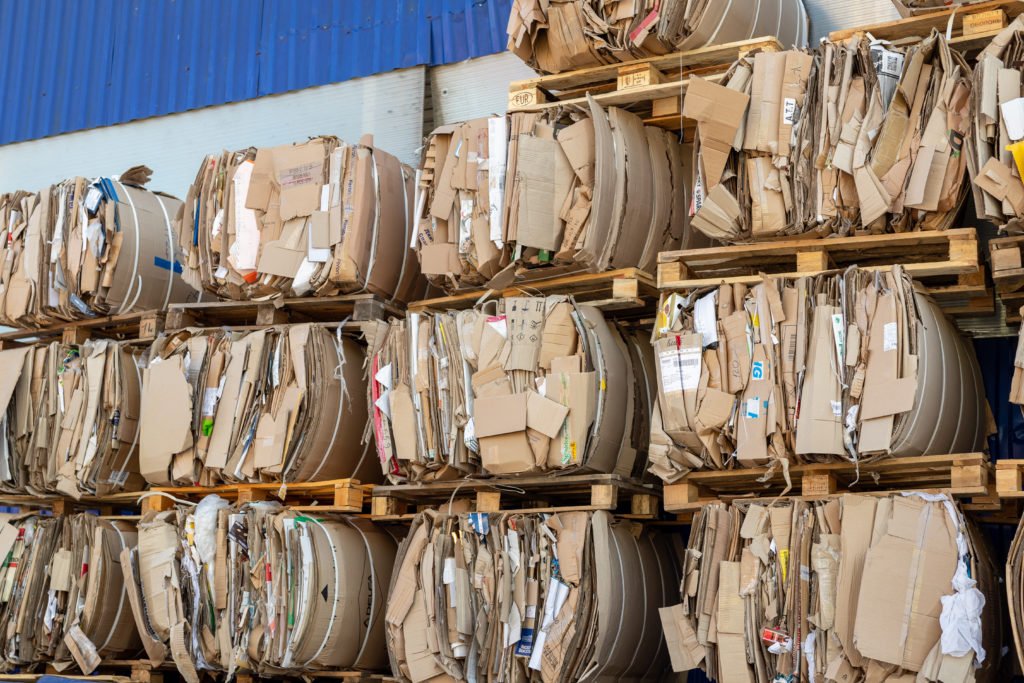The call for segregated collections came yesterday from David Gillett, head of environment issues at the Paper Federation. He was addressing a London seminar on the British Standard EN643 which may be used by paper companies in the future to regulate whether or not supplies of recovered paper are considered contaminated.
While Mr Gillett was at pains to say that the paper industry is “looking at problems together and importantly how we take our partners along with us,” he was firm about the needs of the industry for a continuing supply of recovered paper with minimum contamination.. “Quality is what it is all about – consistency that is what the paper mill needs.”
Several in the audience felt that adherence to the standard would justify extra payments for material but Mr Gillett did not offer any concessions of this type to local authorities or waste management firms such. Instead he threw the argument to the two groups saying that “putting paper and commingled materials together for someone else to sort makes no sense.” However, the environment chief did concede that the paper industry is not in total agreement over the standard, saying that “some mills will apply it, some won't”.
Ron Humphreys, president of the British Recovered Paper Association, explained that to date “the UK paper industry has been supplied by a demand-pull recovery infrastructure. The government waste strategy will produce a supply-push material stream that will focus more on tonnage and less on quality.”
The president also suggested that the standard might not apply so much to existing suppliers, but more to future supplies. “Of the 5.5 million tonnes recovered today, in the main it is source-segregated. What we are saying is that new material coming along should be source separated.”
Jennie Price, chief executive of WRAP, said that what happens with paper “is going to be critical to the market as a whole. What happens here is absolutely critical to these other sectors.”
And, she said the standard was especially important because most local authorities will be focusing on compost and paper “in that order”.
However, she offered some comfort to local authorities and the waste management industry. “The standards says recovered paper from refuse sorting stations is not suitable for use in the paper industry. As a lawyer from my previous life, I would say forget dirty MRFs. For paper from the collection of commingled dry recyclables it is not clear.”
And, Mrs Price echoed the comments of Mr Gillett, confirming that not all mills are planning to implement the standard. “There is one newsprint mill that is openly saying paper collected from comingled sources is acceptable,” she said.
The seminar, which was organised by the Environmental Services Association and WRAP, also heard waste management companies who voiced serious concerns over the implications of EN643.
Continued on page 2











Subscribe for free